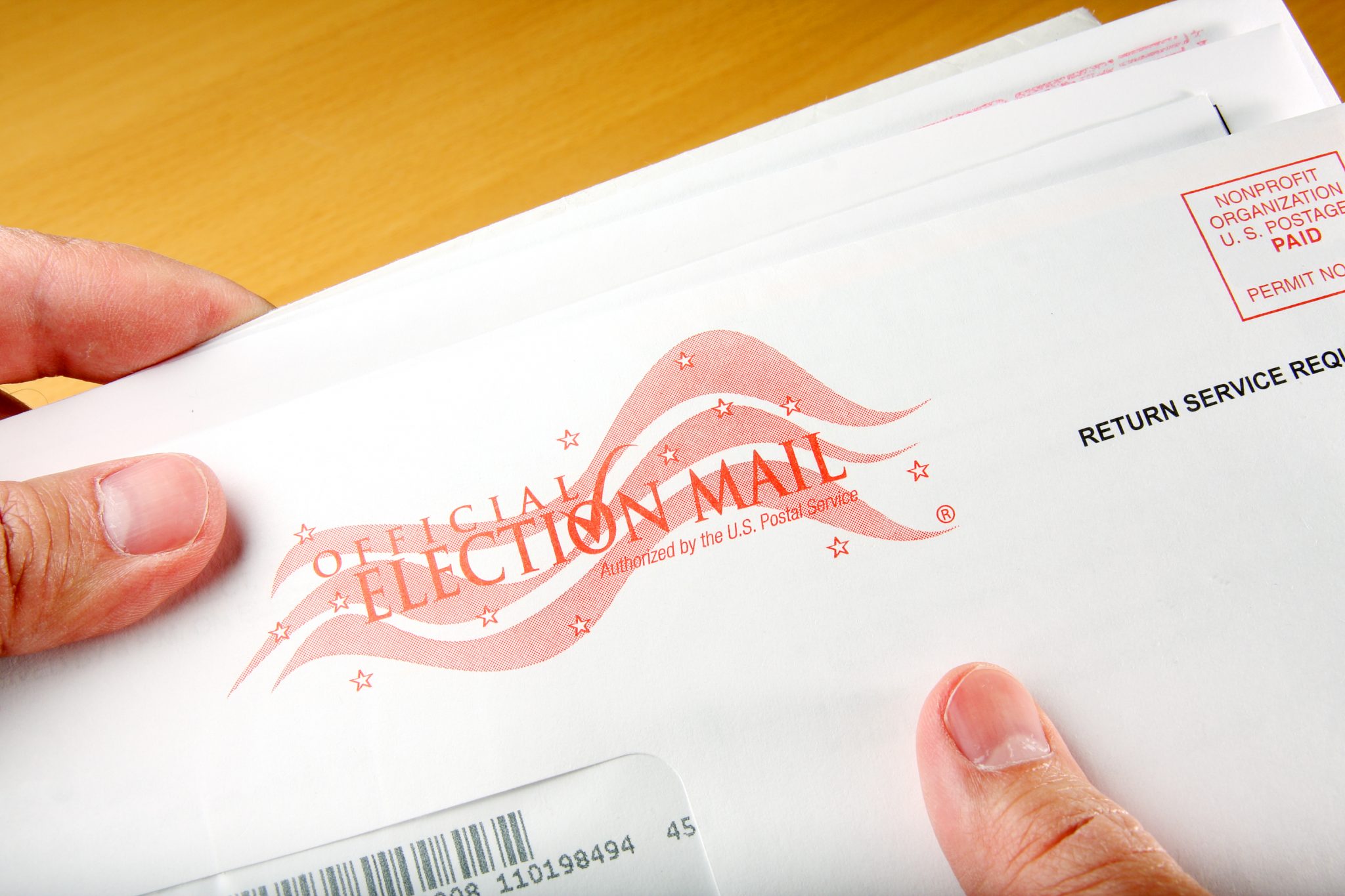The most recent coronavirus stimulus package signed into law includes $400 million in funds to support state and local government efforts to prevent the coronavirus from impacting the elections process. While more funding will be needed to address the issues election officials face, this is an important first step for at least two reasons. The first is that it will help enable election officials to make the changes and improvements required to prevent the pandemic itself from disrupting our 2020 elections. The second—less obvious, but equally important—is that less funding dedicated to combating foreign interference in U.S. elections will need to be redirected to address coronavirus.
In December 2019, Congress allocated $425 million to support state and local government efforts to strengthen election security and administration ahead of the 2020 elections, on top of the $380 million it approved for that purpose in 2018. This funding was approved against the backdrop of Russia’s interference in the 2016 presidential election. It was a recognition that protecting elections from sophisticated foreign adversaries requires more funding and continuous vigilance at all levels of government.
That’s important. Russia has long engaged in efforts to sow confusion among American voters and distrust in the U.S. electoral process, and it is still at it. Just last month, Facebook and Twitter announced that they were dismantling Russian interference campaigns targeting African Americans ahead of this year’s elections— campaigns with similarities to Russian efforts during the 2016 election cycle. Law enforcement and intelligence officials believe that authoritarian regimes—including China and Iran, as well as Russia—will seek to interfere in the 2020 elections. The current pandemic only provides another seam for foreign actors to spread disinformation. China, for example, has begun adopting Russia-like tactics to initiate coronavirus disinformation campaigns.
Election security during a pandemic is paramount to keep voters safe, but also to maintain voter confidence in the electoral process. Foreign disinformation campaigns could capitalize on voter confusion about revised voting procedures. Russian government trolls, after all, did exactly that during the 2016 campaign, sending certain minority groups misleading information about how, when, and where to vote.
In response to the coronavirus pandemic, many state and local election officials have already devoted substantial resources to rescheduling primary elections, recruiting and training poll workers, and altering voting procedures to make future elections safer for all involved, including voters and election workers. States will need to buy protective equipment for poll workers and disinfectant for voting machines. Developing the infrastructure necessary to support expanded vote by mail operations will be another significant endeavor. As the Bipartisan Policy Center recently noted, expanding vote-by-mail operations could include big increases in printed mail ballots, postage for sending the ballots to voters and pre-paid postage for the return of the ballot from voters, new envelope and ballot processing machines, and high speed scanners for local election officials and staff training, among other things.
Implementing these measures and communicating them to voters will be imperative to ensure confidence in the vote this November. Taking these steps and conducting outreach to voters will require significant resources. The coronavirus stimulus package can hopefully help avoid a situation in which many state election officials feel compelled to use 2018 and 2019 election security grants for virus-related election preparations instead of defending elections from overseas adversaries.
The new coronavirus funding should begin to help with virus-related election preparations for the presidential election, but more funding will ultimately be needed to ensure that states and localities can adequately protect the election from coronavirus and foreign adversaries alike.
The views expressed in GMF publications and commentary are the views of the author alone.





